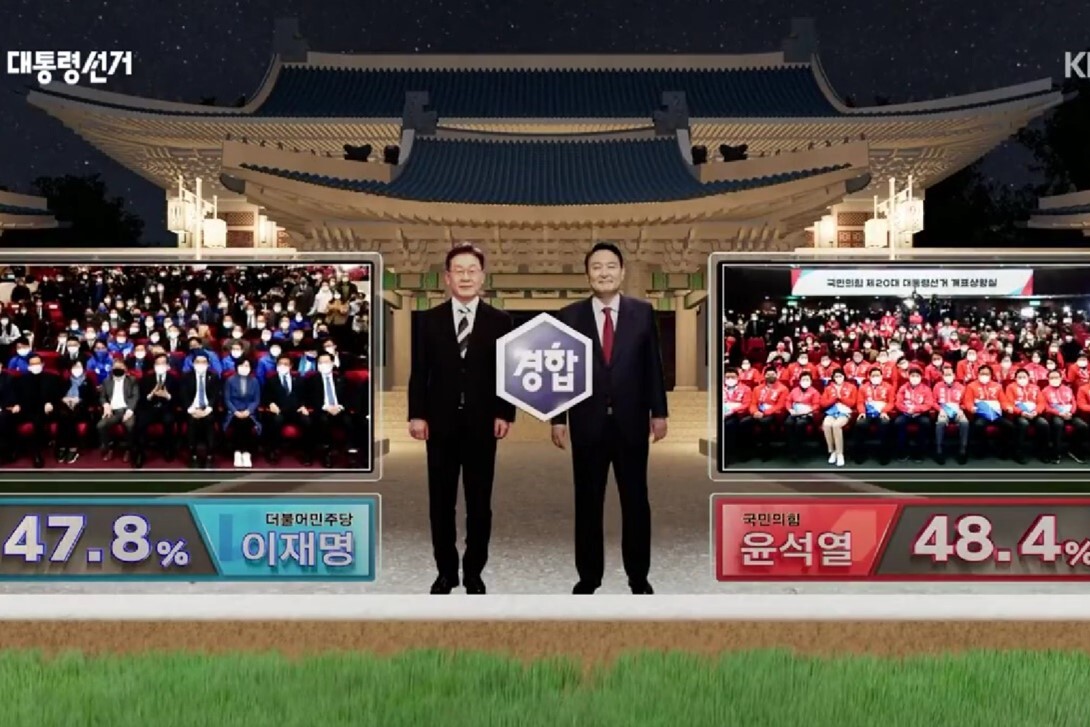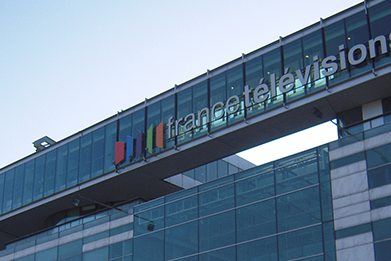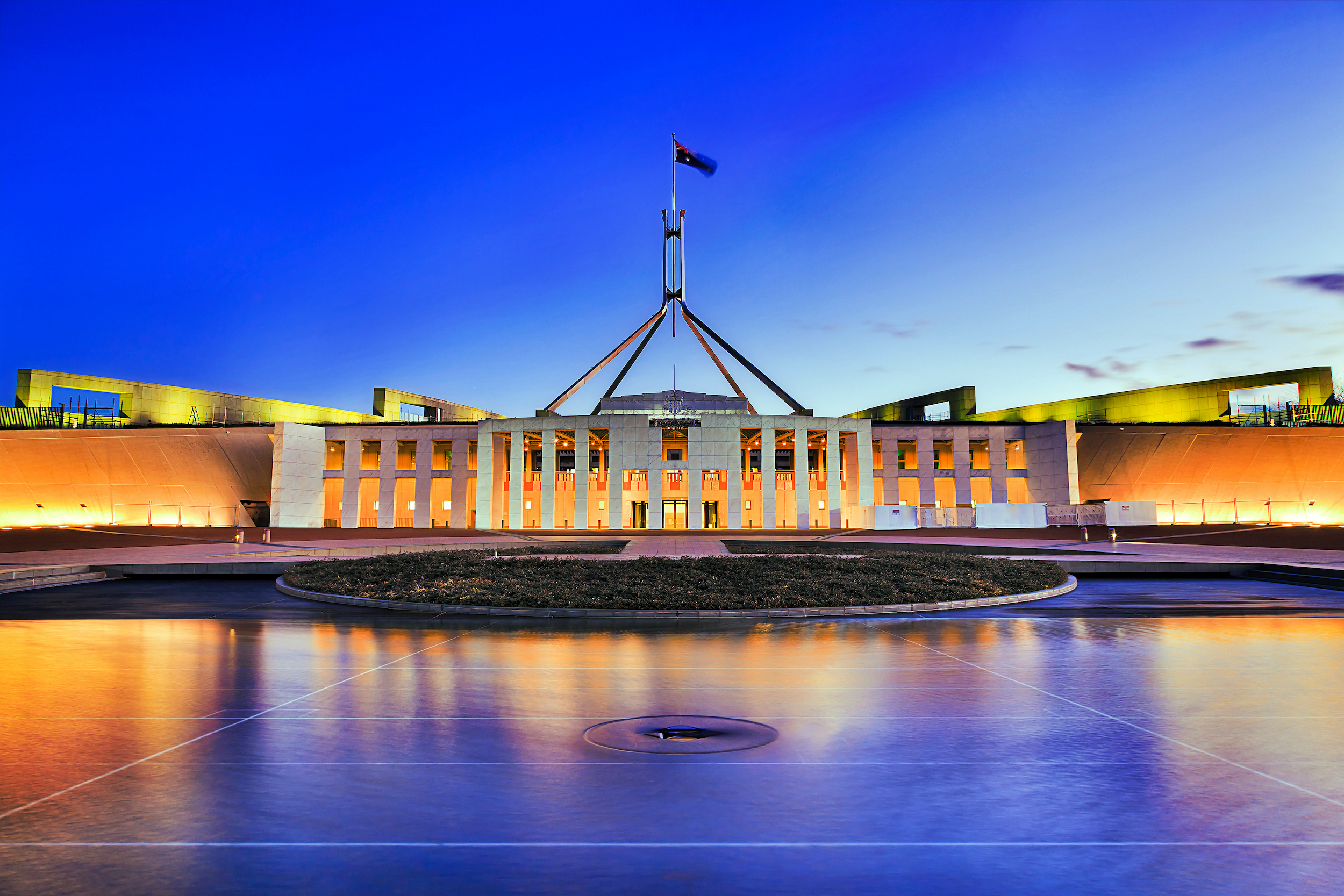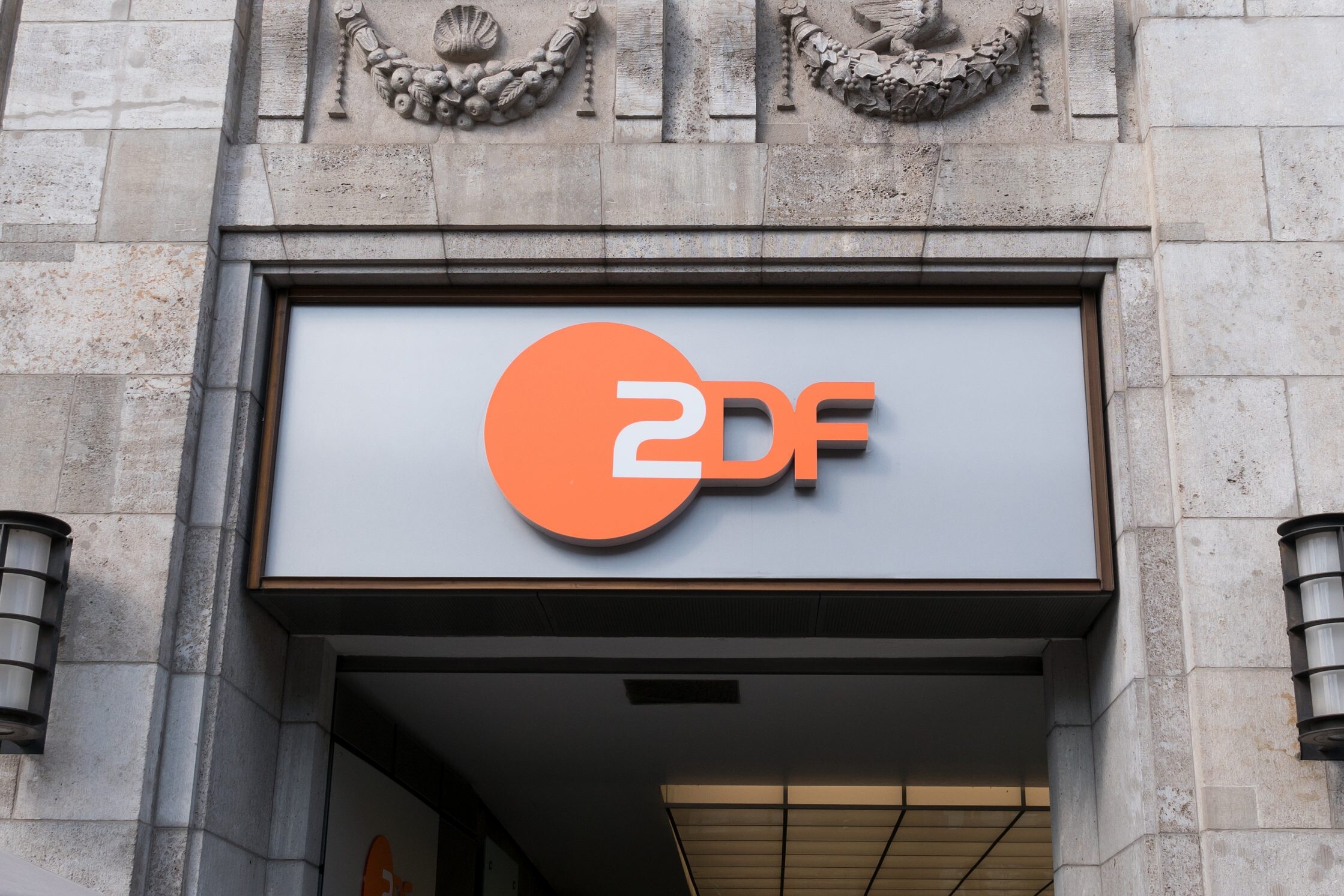Election results in France and Slovenia could have big implications for public media; as could forthcoming elections.
Independent public media are instrumental to elections. During election campaigns and on polling days, audiences turn to public service media (PSM) for impartial, trusted and reliable information.
But despite their important role in democracies around the world, a number of upcoming elections could pose a real challenge to some PSMs. Some could face real change depending on the outcome, as demonstrated by last weekend’s elections in France and Slovenia.
Will Macron fulfil promise to remove licence fee?
Emmanuel Macron’s victory over far-right candidate, Marine Le Pen, will have repercussions for France’s significant public media sector. During the campaign, the incumbent – who has become the first sitting president to win re-election in two decades – promised to remove the licence fee. The licence fee contributes to the funding of Radio France, France Télévisions and France Medias Monde, and helps to maintain their independence and accountability to the public.
Marine Le Pen made a similar promise, but whereas Mr. Macron suggested the licence fee would be replaced with an alternative, Ms. Le Pen favoured the privatisation of public media.
Read more: Public media scrutinised ahead of election
France’s €138 per annum licence fee is cheaper compared to other European countries, such as Switzerland (€322.35), Austria (€251.16 at its cheapest), or Germany’s household levy (€220.32).
“We need a strong public media”, Gabriel Attal, Mr. Macron’s spokesperson told France Inter. But a strong public media does not come for free. Now that Mr. Macron has won the presidency for another five years, if he fulfils his promise to remove the licence fee, he must ensure it is replaced with a sustainable and equally (or more) sufficient alternative, one which ensures public media’s ongoing financial stability, longevity and independence.
There is a similar situation the UK, where the current government has proposed removing the licence fee, but without having identified a viable replacement.
For both French presidential candidates, public media and the licence fee was a political football, and an easy way to promise reduced taxes for the public. While public media is not immune to criticism and questioning, there must be greater recognition of the important role independent public media plays in civic society. Weakened public media would have significant consequences to democracy, and it is critical that all politicians understand this when they bring public media into the political arena.
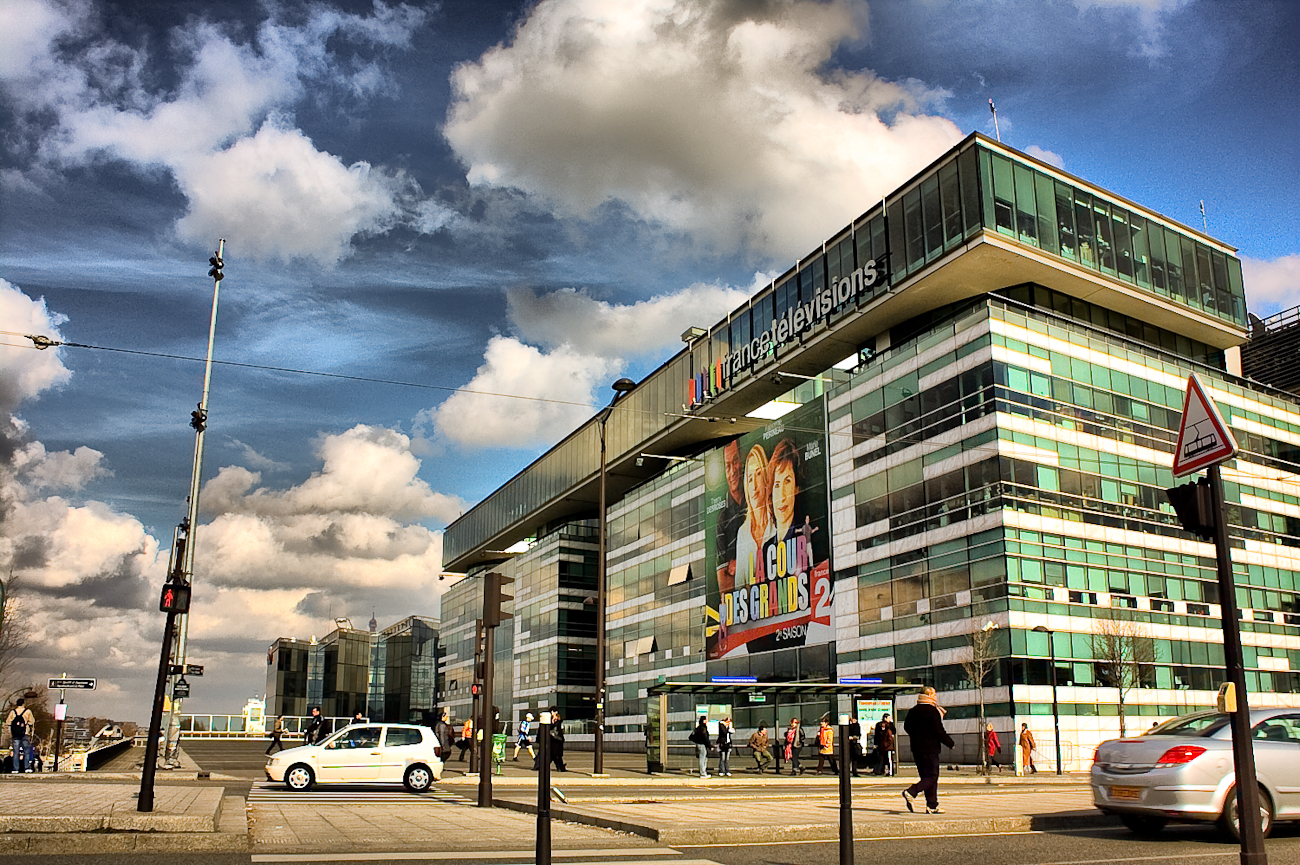
A turning point for STA and RTVSLO?
The past few years have been tricky for public media in Slovenia. The populist Prime Minister Janez Janša has presided over significant pressure heaped on independent media. This has significant affected both the publicly owned Slovenian Press Agency (STA), and the public broadcaster, RTV Slovenia (RTVSLO).
STA had its funding withheld for nearly an entire year. The Director of STA resigned in October over fears the government was trying to erode the agency’s independence. Journalists faced threats from the public and from politicians, while the Director of TV Programmes at RTVSLO was fired in August. The Programming Council faced a backlash after proposing a new schedule which would have seen news programming dramatically reduced. The Council was also accused of anti-union activity.
A mission of MEPs to Slovenia in October called for the government to relent its pressure on independent public media, and to resume funding STA. The news agency finally received funding again in November, but a long-term, sustainable agreement was never settled.
Read more: RTV Slovenija: Draft transformation bill and new appointments
In the election, Janez Janša’s Slovenian Democratic Party (SDS) was comprehensively beaten by the environmentalist Freedom Movement party. The Freedom Movement won nearly 35% of the vote, while SDS secured less than 24%.
Both sides had vastly opposing opinions when it came to public media. During Mr. Janša’s term in office, he demonstrated clear hostility towards independent public media through attempts to undermine its integrity and independence. Meanwhile, according to STA, in a debate in early April, the Freedom Movement called for a total separation of politics from public media, and said RTV Slovenija must “become public again.”
In a sign of the levels of discontent with the public broadcaster, RTVSLO faced accusations of bias and unprofessionalism from opposition MPs and its own staff following a TV debate with all the candidates. In total, six of the candidates walked off stage, afterwards commenting that the state of the debate showed how significantly the government now controls the broadcaster.
RTVSLO journalists also apologised over the debacle. “Journalists are distancing ourselves from such a programme, so ill-prepared and so-ill hosted, and would like to apologise to the viewers,” said senior journalist Igor E. Bergant.
The recent backslide of RTVSLO demonstrated the Janša government’s disregard for independent public media. It is now critical that the Freedom Movement makes good on its promise to restore the independence of RTVSLO, and that STA is now assured long-term funding.

Future elections
The elections in Slovenia and France demonstrated how public media can be a significant electoral issue, and one that can inspire vastly different positions.
This will become even more apparent during other elections taking place this year, where public service media and the independence of other public interest news organisations will become a point of difference between opposing candidates, such as those in Australia, Brazil, Sweden and the Philippines.
Amongst many politicians – particularly populists – there is a lack of understanding about the value of independent public media. Greater media literacy is essential so not just the candidates, but also the public, know exactly what sort of service public media does and should provide society. This would also stop public media from becoming such an easy target for politicians to criticise, defund, and threaten with privatisation.
Header Image: Voting for election in front of black blackboard. Credit: selimaksan/iStock
Related Posts
19th April 2022
KBS uses “cutting edge technology” in 2022 election coverage
South Korea’s largest and most trusted…
17th March 2022
France: Public media scrutinised ahead of election
Ahead of France's presidential election…
